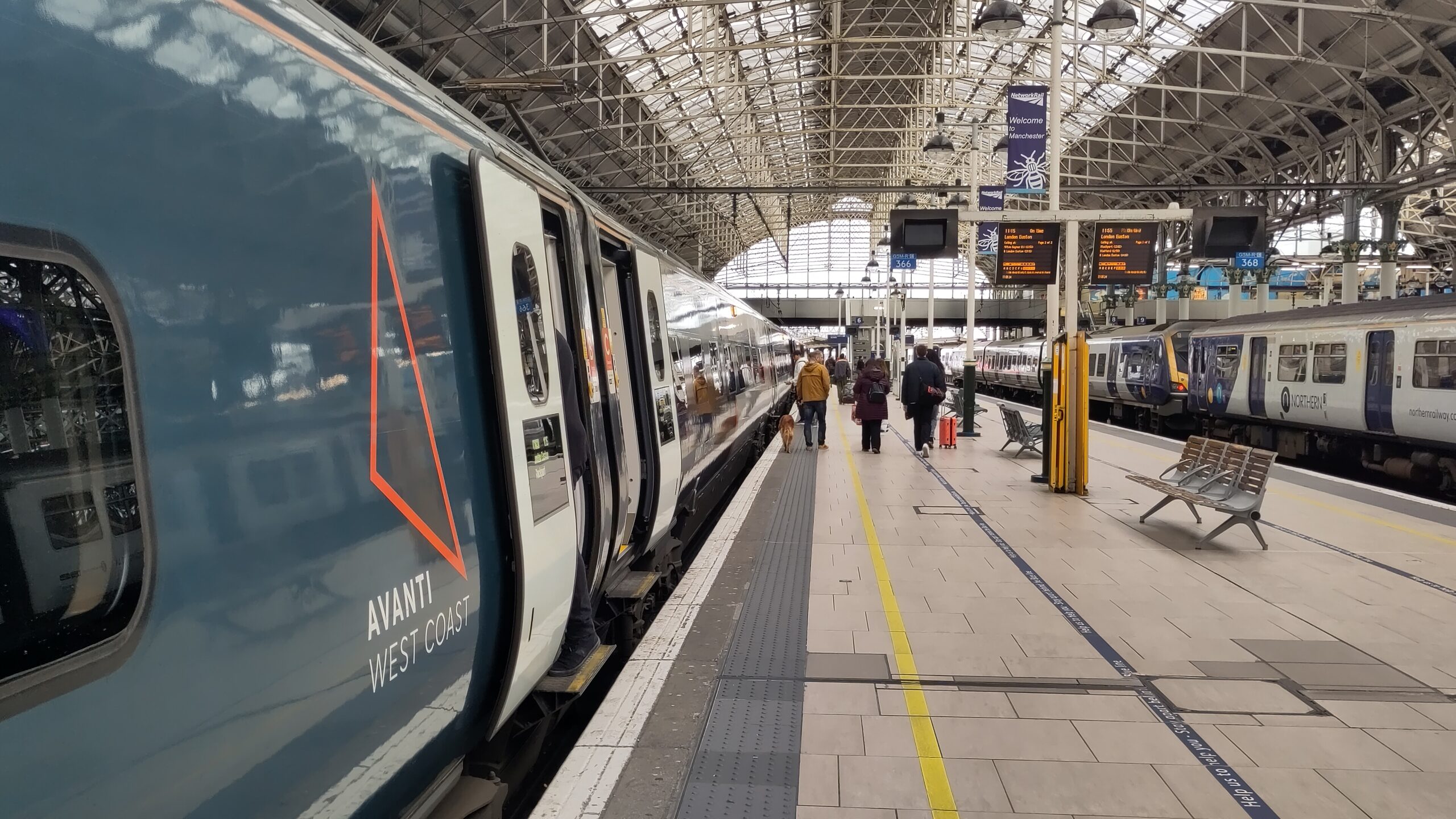A coalition of transport experts and campaigners have written to the new Secretary of State for Transport, Louise Haigh, to call for four key decisions to be made on the next steps for Britain’s high-speed rail network, in order to turn the HS2 network currently under construction into a “transformative high-speed spine”.
The letter focuses on smaller-scale projects that can be delivered quickly, at relatively low cost, and under existing legislation, which will both deliver major capacity benefits to the rail network quickly, as well as laying the groundwork for a wider high-speed network in the future.
The ‘western leg’ of HS2 to Crewe and Manchester was cancelled in October 2023, with the Conservative Government announcing its intention to remove safeguarding and sell off the land along the route, seeking to block a future Government from completing the route. The new Labour Government have made it clear it will not immediately commit to resurrecting the full HS2 scheme, but it is hoped that with the four key decisions highlighted by the letter, the Government will be able to make a success of today’s network and leave the option for further expansion open for a future Government.
The letter – titled “Fix the Spine: Elevate the present, leave room for the future” – focuses on two key areas: Euston, on the London end of the line, and Staffordshire, the current northern end. At Euston, the signatories have called for a return to a two-phase plan, so that work on the first phase (six platforms) can resume as soon as possible, ensuring high-speed trains can reach Central London once it opens, instead of having to terminate at Old Oak Common. Leaving room in the wider redevelopment of Euston Quarter for a second phase (five platforms) will ensure HS2’s design capacity of 18 trains per hour into London can be fully exploited in the future, if the network is later expanded.
In Staffordshire, the signatories are calling for work to urgently begin on extending the high-speed spine beyond the currently planned end at Handsacre Junction, bypassing what they call ‘Britain’s biggest bottleneck’, bringing to the line to or near to Crewe. They argue this can be done using existing parliamentary powers, which were already passed to build HS2 Phase 2a in 2021. The letter refers to this new line as the ‘Stafford Bypass line’. Finally, signatories have called for the safeguarding and retention of land between Crewe and Manchester, until the Government (or a future Government) are willing to commit to bringing high-speed rail to the city and have decided how the line from London will interact with Northern Powerhouse Rail, and what form Manchester Piccadilly should take.
The joint letter has been spearheaded by Enroute, a sustainable transport research and advocacy group. Signatories to the letter include the Campaign for Better Transport and expert-led policy research group Greengauge 21.
Dr Stephen Goss, from Campaign for Better Transport, said: “Rail services to the West Midlands and North West are at breaking point. To enable vital improvements to the rail network, the Government must act now and safeguard the high-speed route from London Euston all the way to Manchester. Only by safeguarding a future route between Crewe and Manchester, and ensuring HS2 runs to Euston, will we see the increase in capacity on the rail network needed to reduce car journeys.”
David Frankal, Joint Chief Executive of Enroute, said: “We still believe, in the long-term, that expansion of high-capacity high-speed rail across the country is a matter of when, not if. It is a shame the Government won’t commit to bringing the line to Manchester just yet, but it still has the opportunity to make a success of the line we have under construction right now, and crucially to leave provision in for that future expansion.
“This is the moment these decisions need to be made, before capacity limitations are baked into stations like Euston. Getting this right will help us drive modal shift to public transport and boost the economy, especially in the North of England.”
